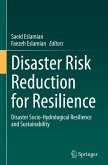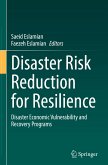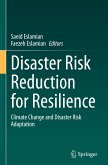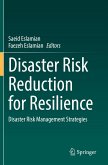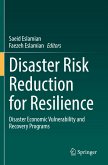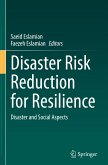This book focuses on the variety of subsequent consequences that may follow the conclusion of the immediate emergency response effort, consequences that require multi-disciplinary efforts and most likely may require a revamping of the historical interplay of national and other political authorities.
The book is essentially a critique of contemporary emergency response which, in both the public perception and, unfortunately, in the mind-set of many practicing professionals emphasizes an emergency as a singular event. It is a mistaken view: an emergency is actually a sequence of multiple, singular events that unfold over time, sometimes measured in days and weeks and, most often, in months, years and decades.
This book focuses on the need, in the current and recent past generation to revamp our thinking about planning for and responding comprehensively to those periodic disruptions to daily routine we call "emergencies".
The book is essentially a critique of contemporary emergency response which, in both the public perception and, unfortunately, in the mind-set of many practicing professionals emphasizes an emergency as a singular event. It is a mistaken view: an emergency is actually a sequence of multiple, singular events that unfold over time, sometimes measured in days and weeks and, most often, in months, years and decades.
This book focuses on the need, in the current and recent past generation to revamp our thinking about planning for and responding comprehensively to those periodic disruptions to daily routine we call "emergencies".



